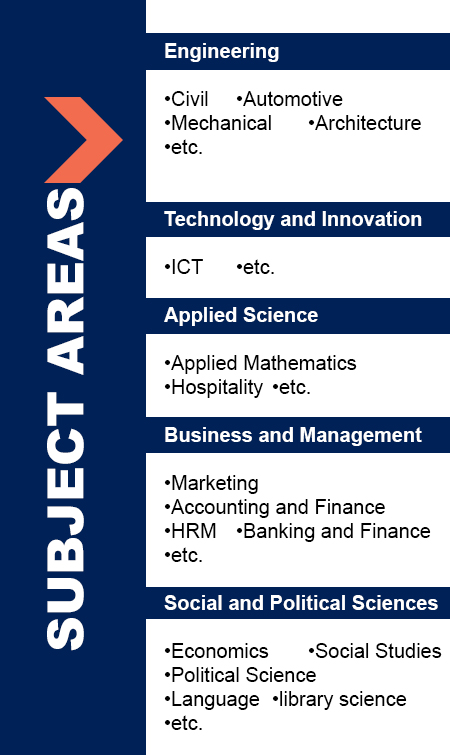Exploring the Skills Set Development and its Job Market Relevance of the HND Purchasing and Supply Programme
DOI:
https://doi.org/10.47127/ijtmr.v2i1.45Abstract
The study explores the skills set development and its job market relevance of the HND (Higher National Diploma) purchasing and supply programme in Ghana, using a grounded theory methodology. Semi-structured interviews, focus group discussions, observation and documentary analysis were used in the data collection, whereas thematic analysis was applied in the data analyses process. The research findings supported the widely held public perception that skills mismatch exist on the Ghanaian labour market. Besides, the HND Purchasing and Supply practitioners were found to lack managerial skills, confidence (psyche), analytical skills, critical thinking skills, specification development skills, computer skills in terms of data entry, word processing, excel and power point capabilities. Unfortunately, the study did not establish the existence of any practical on the job training in industry to resolve the identified skills deficiency. Although the research revealed that the Public Procurement Authority ( PPA) has been organizing some internships for HND Purchasing and Supply graduates, they still lack hands-on/ practical experience. Nonetheless, the study has confirmed the relevance to practice of the skills set imparted through HND Purchasing and Supply programme.
Keywords: skills set, skills mismatch, purchasing and supply, job market, unemployment.








